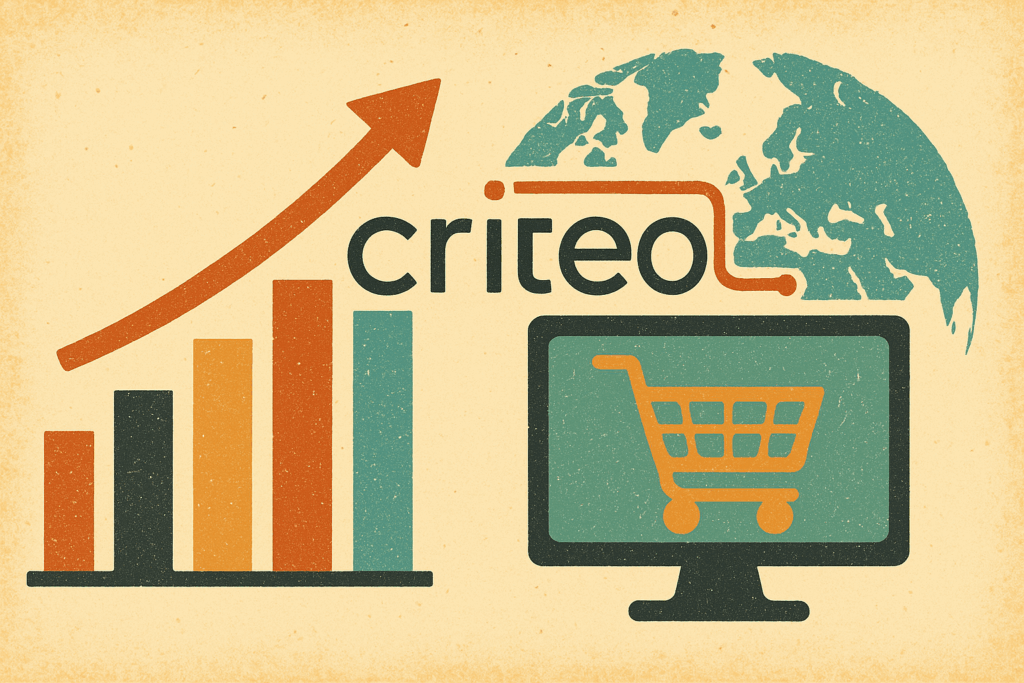Criteo’s Resilience Amid Retail Media Rivalry
Despite initial setbacks like losing major clients such as Target and Uber Eats, Criteo has demonstrated stronger-than-expected financial performance and robust client retention. This resilience illustrates the company’s capacity to hold ground in a market increasingly crowded with emerging retail media players. While some analysts predicted a sharp decline, Criteo’s results reflect its deep-rooted presence and ongoing relevance within retail media networks.
Competitors Emphasize Modern Tech and Flexibility
New entrants including Kevel, Koddi, Moloco, Pentaleap, Topsort, and Vantage are challenging Criteo by leveraging nimble technological solutions tailored to today’s retail environment. These competitors focus heavily on programmatic capabilities and harnessing artificial intelligence to optimize commerce outcomes. Many offer flexible APIs that enable multi-retailer ad buying, appealing to brands seeking customized, scalable retail media options. Their agility and innovation present a clear alternative to traditional models.
Criteo’s Enduring Value Proposition
Despite fresh competition, Criteo continues to attract retailers due to its comprehensive, end-to-end solutions. Unlike companies that provide solely an ad serving platform, Criteo delivers demand generation and revenue-building services that support rapid launch or scaling of retail media networks. Additionally, the complexity and cost involved in switching providers create a natural barrier that favors established vendors. This turnkey approach remains a key factor in Criteo’s sustained market presence.
The Evolving Retail Media Landscape
The retail media sector continues to grow robustly, supporting a diverse group of players. For now, the expanding ad spend provides room for both legacy firms and innovative newcomers. However, as growth moderates over time, differentiation in technology and strategy will likely dictate market leadership. This environment may also trigger consolidations, forcing companies to reassess positioning within an increasingly competitive adtech ecosystem.



